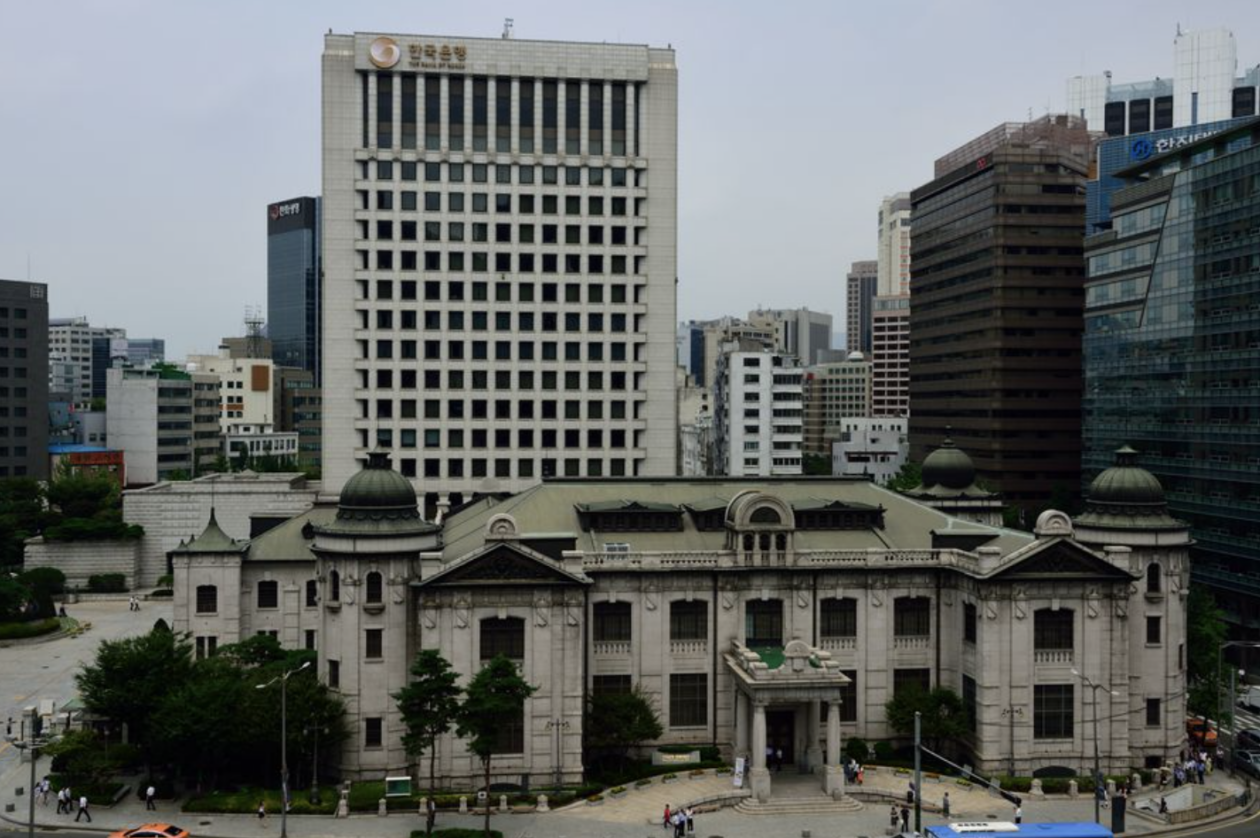South Korea will have to institutionalize initial coin offerings (ICO) when establishing its new crypto law, tentatively named the Digital Asset Basic Act, according to the Bank of Korea (BOK).
See related article: South Korea’s all-encompassing crypto law is coming — what we know so far
Fast facts
- South Korea’s Financial Services Commission banned ICOs in 2017 after its popularity resulted in excessive speculation and financial misconduct.
- The BOK wrote in its report that South Korean projects such as Paycoin or Terra-LUNA had issued new tokens overseas and listed them in domestic markets to bypass the ban.
- The report explains that the current ban lacks effectiveness and depletes opportunities to develop the industry and the technology through ICOs.
- In a report evaluating the European Union’s (EU) Regulation on Markets in Cryptoassets (MiCA), the BOK insists South Korea institutionalize ICOs like the EU, where tokens issued overseas are also required to establish a local presence and abide by local regulations to be traded domestically.
- The central bank stated that following MiCA in institutionalizing ICOs could bring upon industry growth and stronger investor protection.
- Citing the Terra-LUNA debacle, the BOK report also added that South Korea needs to adopt an EU-level regulatory framework on stablecoins, and highlighted the importance of investor protection measures for crypto assets that are traded for profit.
- In June, EU officials agreed to establish MiCA, the union’s first regulatory framework for the crypto industry that included stronger supervision over stable token issuers.
See related article: EU’s new crypto rule requires stablecoin issuers to hold more reserves





